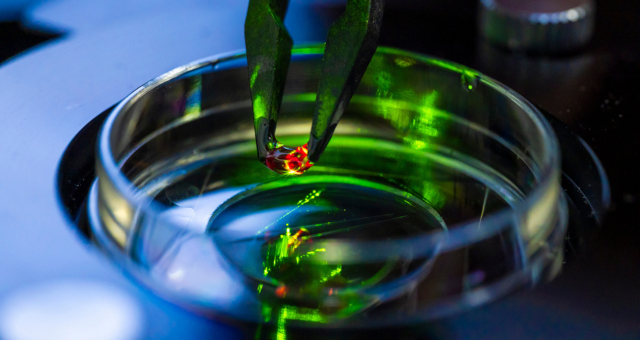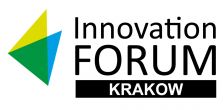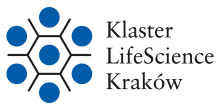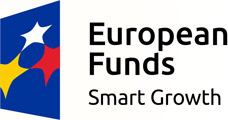search innovation
In the diagnosis of SARS-CoV-2 virus infection, molecular RT-PCR tests based on amplification of usually two or three different virus-specific genes are the gold standard. Undoubtedly, this method is characterized by high sensitivity and specificity, and the possibility of confirming infection at an early stage, before the onset of clinical symptoms (the highest sensitivity of genetic tests is found on the 4th-7th day after the onset of symptoms). Unfortunately, RT-PCR also has limitations, which may be related to, among other things, inadequate collection, storage and transport of clinical material, and obtaining genetic material of poor quality after isolation, as well as the emergence of new variants of the virus, which, as a consequence, may cause false-negative results. In addition, it is also possible to get an inconclusive result from a genetic test – that is, one that neither excludes nor confirms infection. Then it is necessary to retest after 24-48 hours. Other limitations of genetic testing include the possibility that positive results may persist for a long time, despite the cessation of symptoms and infectivity, the high cost of testing, and the need for qualified personnel and laboratory equipment, which makes this type of testing performed. Other methods currently in use are antigen and serological tests. Antigen tests allow the detection of SARS-CoV-2 protein antigens and are most commonly cassette tests (qualitative immunochromatographic tests) or otherwise known as – rapid antigen tests and semiquantitative and quantitative diagnostic tests. The main advantage of these tests is the short duration of the test, while the disadvantages include, first of all, the lower sensitivity in relation to genetic tests – especially in asymptomatic patients and the possibility of a negative result in a person infected with SARS-CoV-2. For this reason, any negative result obtained with an antigen test requires verification with a genetic test, especially when the clinical condition of the patient indicates SARS-CoV-2 infection. The limitation of antigen tests is also their lack of usefulness in screening.
Serologic tests, on the other hand, involve the detection of antibodies from blood or serum samples and should be considered only as a complement to molecular methods or to assess antibody concentrations in healers, evaluate vaccine response,
in epidemiological investigations, retrospective diagnostics or populationbased studies. The use of these tests for routine diagnosis may be associated with false-negative results (lack of seroconversion) or false-positive results due to, among other things, past infection or current infection caused by coronaviruses other than SARS-CoV-2 (e.g., NL63, OC43, 229E and HKU1) or completely different viruses.
A new invention from the Jagiellonian University Medical College, which is the subject of this proposal, is part of the trend of searching for new diagnostic tests for detecting infections, especially SARS-CoV-2 virus. Its subject is a new diagnostic test,
which is based on detection of SARS-CoV-2 virus infection using fluorescent in situ hybridization (FISH).
Compared to currently used genetic, serological and antigenic methods, the offered test is distinguished by the following
advantages:
The offered invention is subject of a patent application. Further research and development of the invention are continued at the Faculty of Medicine of the Jagiellonian University Medical College. Currently, the Centre for Technology Transfer CITTRU is looking for entities interested in commercial application of the invention.
Serologic tests, on the other hand, involve the detection of antibodies from blood or serum samples and should be considered only as a complement to molecular methods or to assess antibody concentrations in healers, evaluate vaccine response,
in epidemiological investigations, retrospective diagnostics or populationbased studies. The use of these tests for routine diagnosis may be associated with false-negative results (lack of seroconversion) or false-positive results due to, among other things, past infection or current infection caused by coronaviruses other than SARS-CoV-2 (e.g., NL63, OC43, 229E and HKU1) or completely different viruses.
A new invention from the Jagiellonian University Medical College, which is the subject of this proposal, is part of the trend of searching for new diagnostic tests for detecting infections, especially SARS-CoV-2 virus. Its subject is a new diagnostic test,
which is based on detection of SARS-CoV-2 virus infection using fluorescent in situ hybridization (FISH).
Compared to currently used genetic, serological and antigenic methods, the offered test is distinguished by the following
advantages:
- high sensitivity and specificity, including an increase in the percentage of positive results from 68.96% for RT-PCR to 75.86% (FISH);
- lower sensitivity to pre-laboratory errors and during prolonged transport of samples to the laboratory;
- the ability to visualize SARS-CoV-2 virus infection of a cell, which translates into a reduction in the occurrence of false positives;
- the use of a single universal probe to label different oligonucleotide sequences, which translates into an 18-fold reduction in cost, as there is no need to synthesize each probe separately;
- universality and applicability to other high-sensitivity FISH applications.
The offered invention is subject of a patent application. Further research and development of the invention are continued at the Faculty of Medicine of the Jagiellonian University Medical College. Currently, the Centre for Technology Transfer CITTRU is looking for entities interested in commercial application of the invention.
field of science:
forms of protection:
technological maturity:
property rights:
variants of cooperation:
information / broker of Jagiellonian University

name and surname: Klaudia Polakowska, PhD
phone number: +48 519 329 129
email: klaudia.polakowska@uj.edu.pl
























